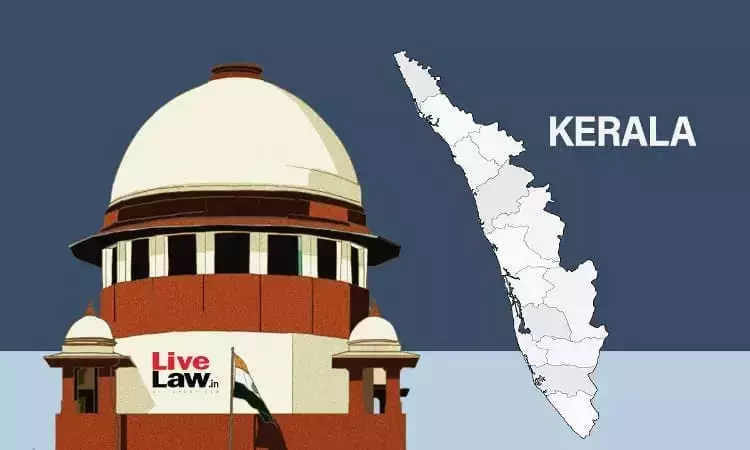'Debts Of States Affect Country's Credit Rating' : AG Tells Supreme Court Defending Centre's Limits On Kerala's Borrowing Power
Gyanvi Khanna
6 Feb 2024 3:41 PM IST

The Attorney General stated that the financial stress faced by Kerala is purely due to its financial mismanagement.
Next Story


